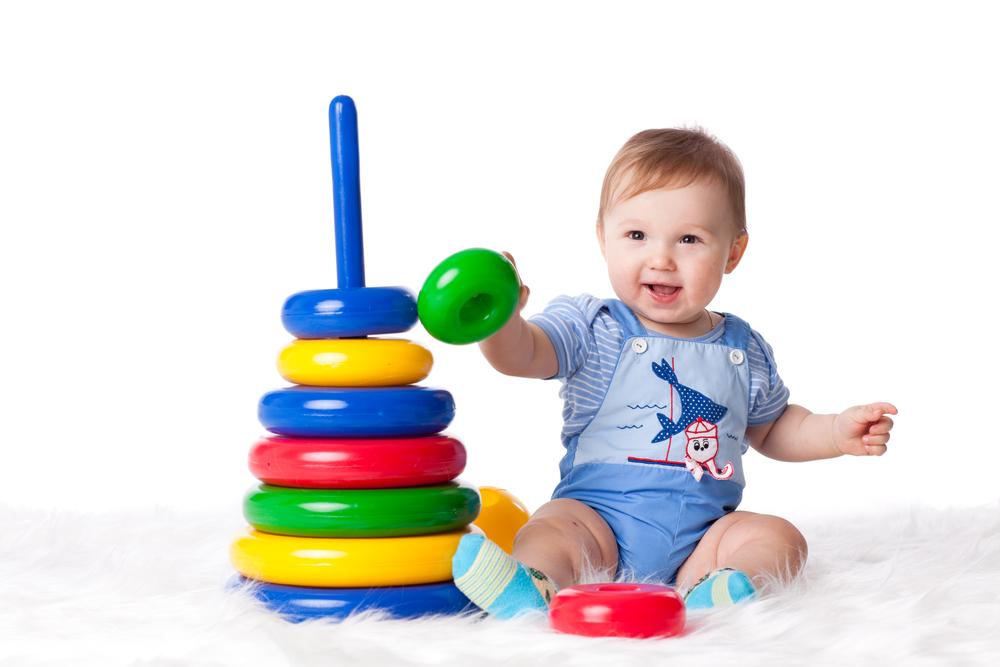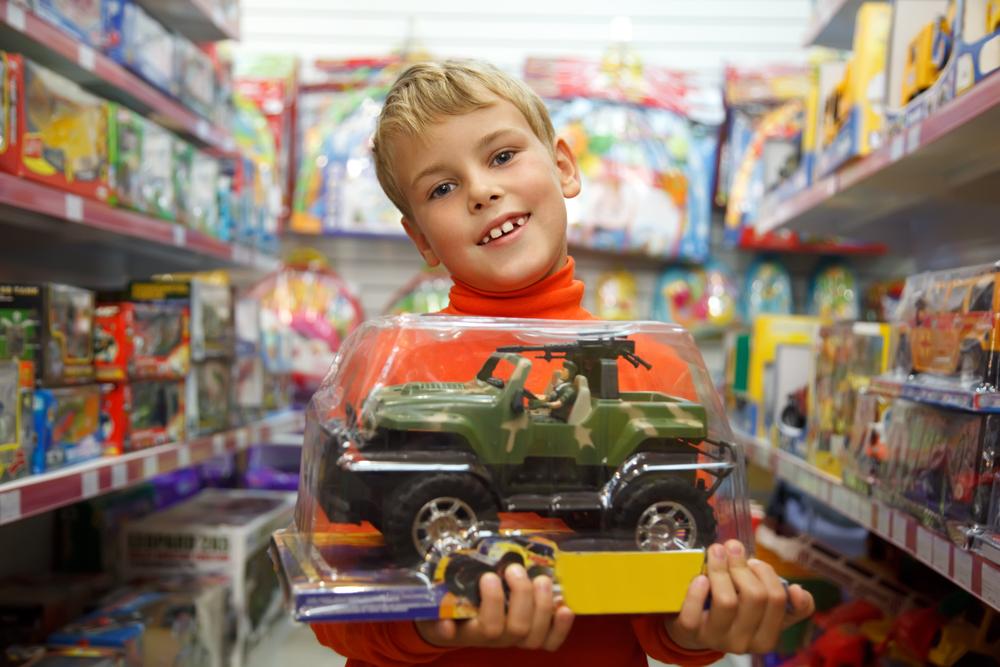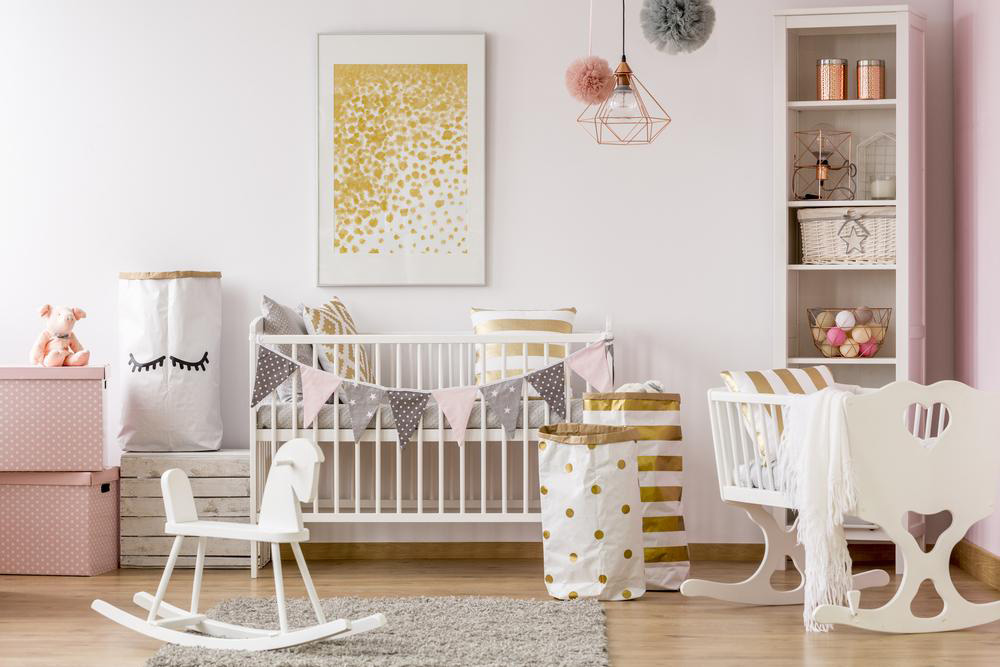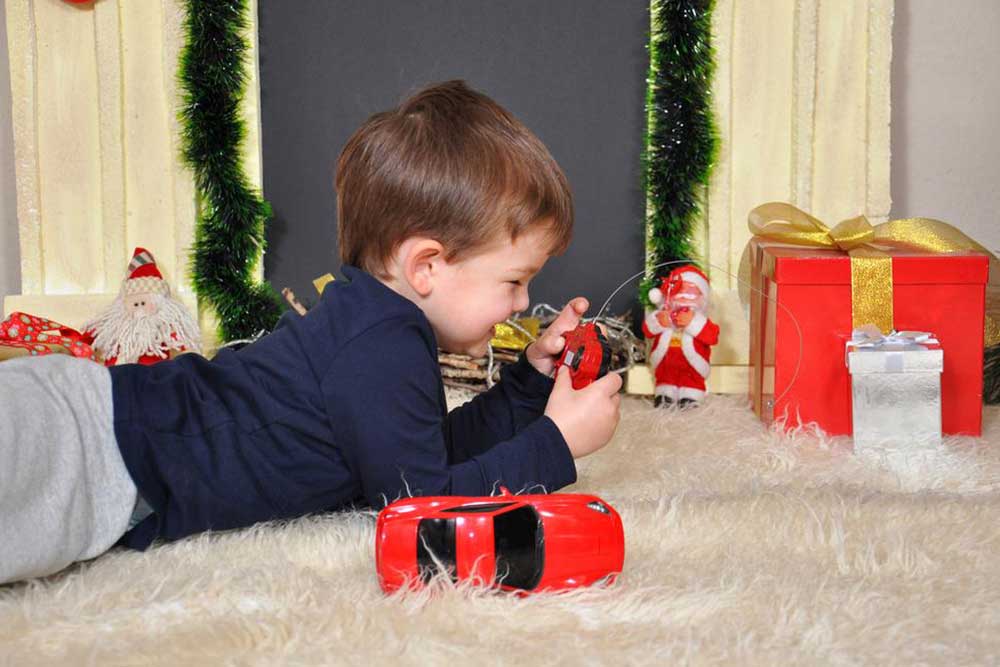Ultimate Guide to Choosing Safe and Educational Toys for Your Child’s Development
Learn how to choose safe, educational, and age-appropriate toys that support your child's growth. This comprehensive guide emphasizes safety standards, developmental benefits, and creative ways to enhance your child's playtime for overall development.
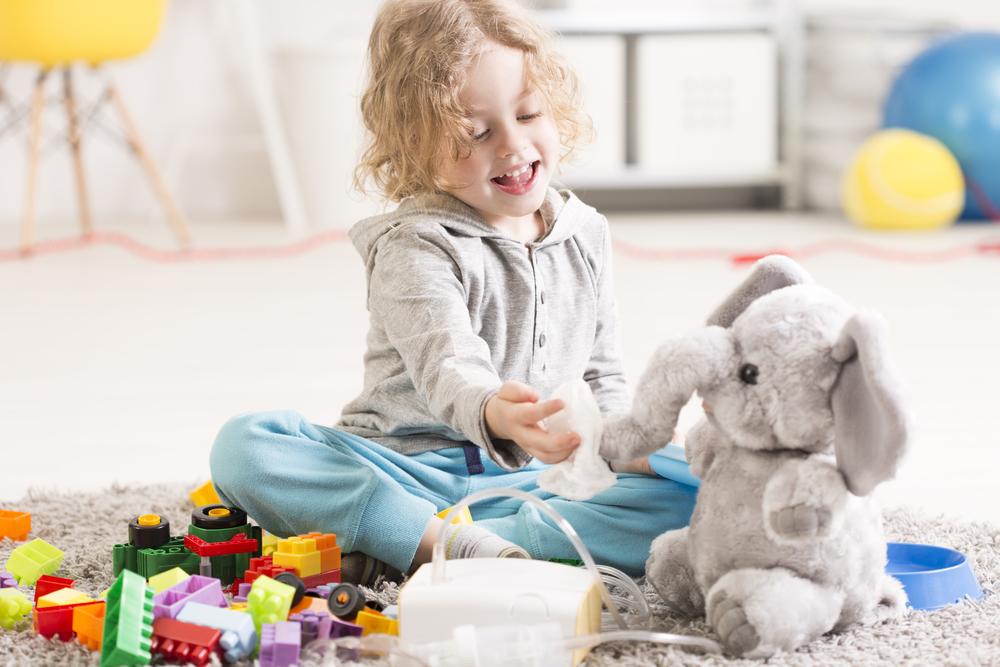
How to Select the Perfect Toys and Games to Support Your Child’s Growth
Choosing the right toys and games for your child is a crucial aspect of nurturing their development while ensuring safety and enjoyment. With an overwhelming variety of options available in the market, parents often find it challenging to discern which toys provide genuine developmental benefits. The key lies in understanding the essential criteria that make a toy suitable for your child's age, safety needs, and individual interests. This comprehensive guide covers the critical factors to consider when selecting toys that will stimulate learning, creativity, and emotional growth, while also prioritizing safety and quality standards.
Prioritizing Safety and Material Quality
The safety of toys is fundamental. Always choose toys manufactured from non-toxic, BPA-free, and environmentally safe materials. Carefully read labels and packaging to verify safety certifications such as ASTM, CE, or equivalent standards depending on your region. Non-toxic paints and finishes are essential, especially for items used by infants or toddlers who tend to mouth objects. For plush toys and stuffed animals, select those that are labeled washable and made from high-quality, chemical-free fabrics. Avoid toys with small parts for young children, as they pose choking hazards, and always inspect toys regularly for wear and tear which might cause safety risks.
For infants and toddlers, it is especially important to select toys that are durable, washable, and made from safe, non-toxic materials.
Educational Significance of Toys
The best toys are those that effectively combine fun with learning. When choosing toys, focus on their ability to foster cognitive, motor, and social skills appropriate for your child's developmental stage. While puzzles are excellent for some children, others might enjoy musical instruments, building sets, or role-playing games that promote creativity and problem-solving skills. Encourage children to explore their interests, whether that involves sorting colorful objects, creating stories with dolls, or experimenting with sounds. Incorporate everyday household items like kitchen utensils, fabric scraps, or natural materials to introduce sensory play, which is vital for brain development and fine motor skills.
Hands-on activities such as exploring textures with fruits, vegetables, or different fabrics help in sensory development. These DIY experiences can be more engaging and personalized than generic toys, fostering curiosity and a love for exploration.
Matching Toys to Age and Developmental Stage
Age appropriateness is critical in selecting toys that are both safe and challenging enough to promote growth. For infants, focus on soft rattles, teething toys, and gentle vibration toys that stimulate sensory and motor development. For toddlers, consider simple puzzles, push-and-pull toys, and art supplies that foster fine motor skills and hand-eye coordination. Preschoolers benefit from more complex building blocks, pretend play sets like kitchen or doctor kits, and outdoor toys such as sandboxes and tricycles, which enhance physical activity and social interactions. For older children, educational board games, science kits, and creative arts supplies support critical thinking, problem-solving, and emotional intelligence.
Enhance pretend play by utilizing everyday household items like cardboard boxes, old clothes, and utensils to create imaginative scenarios. These not only stimulate creativity but also help children develop storytelling abilities and social skills in a fun, engaging manner.
In summary, selecting the right toys requires thoughtful consideration of safety, educational value, age appropriateness, and your child’s individual preferences. Investing time in choosing quality toys aligned with your child's needs can significantly impact their developmental trajectory, ensuring that playtime is not only enjoyable but also enriching.

